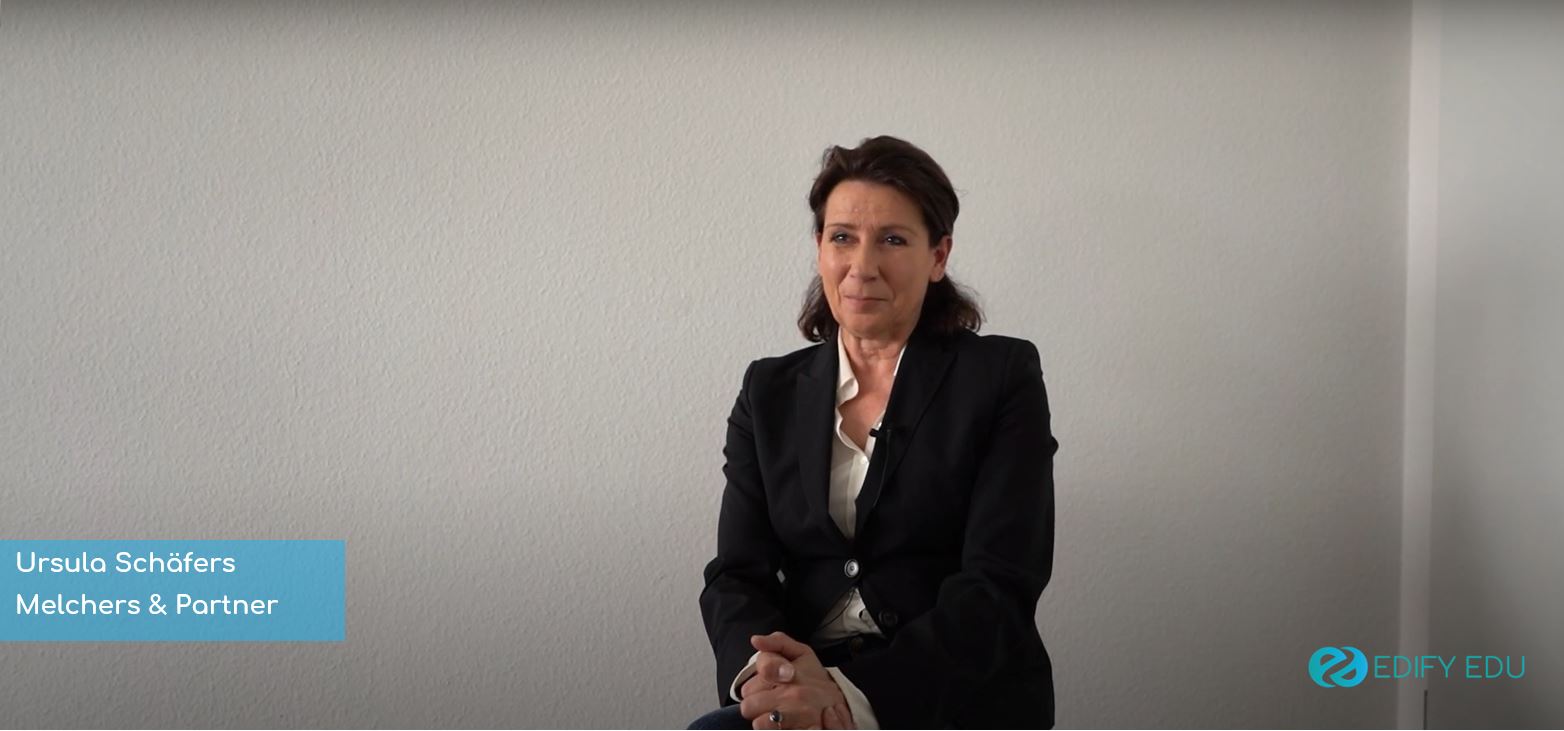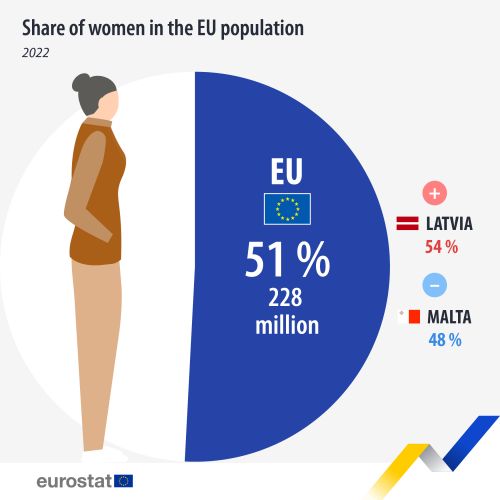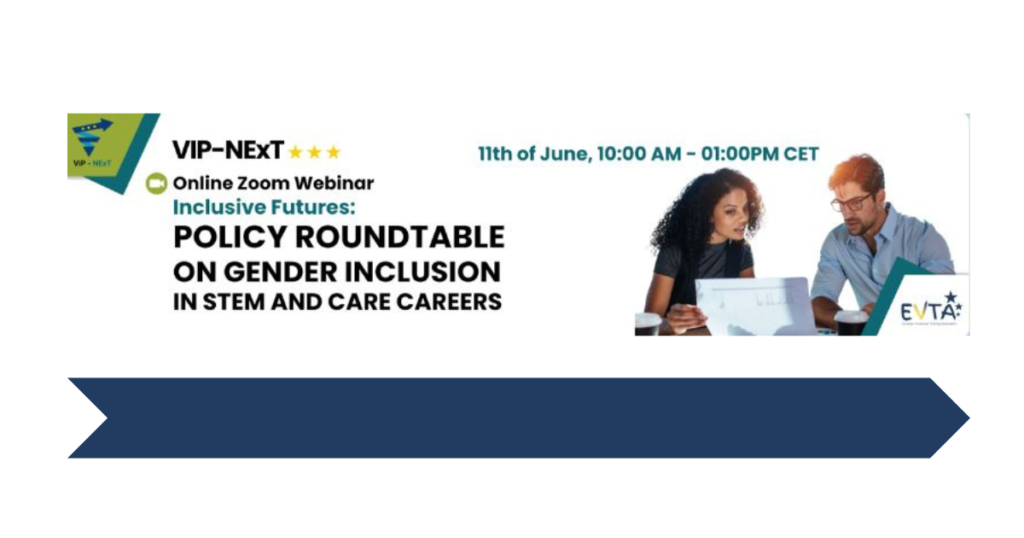Inclusion and diversity are vital components of a thriving and equitable workforce. However, for small and medium-sized enterprises (SMEs) in Germany, the path to creating an inclusive workplace for individuals with disabilities can be particularly challenging. In a recent video interview with Ursula Schäfers from Melchers &Partner the hurdles faced by SMEs in fostering inclusivity came to light, shedding valuable insight on the current situation. The video interview was part of a series of interviews conducted by Pro Arbeit with local female entrepreneurs for the EDIFY-EDU project, related to the topics of Equality, Diversity and Inclusion (EDI).
Since 2001, companies with more than 20 employees have had to fill 5% of their positions with people with disabilities or pay a state compensation levy. Of the approximately 170,000 companies in Germany that fall under this regulation, almost a third do not employ a single disabled person – and among these, the majority are SMEs.
As Schäfer puts it: “(…) with a certificate of and above 50 severe disability, you have the Integration Office. If for any reason you have to dismiss the employee or there are any problems, you cannot do it without the consent of the Integration Office. The severely disabled person has more vacation. In this respect, they also have greater protection against dismissal, of course. Also, from a certain company size onwards, but I’m not quite sure, you may even have to make alterations to your buildings.”
As Schäfers mentioned, there are several factors contributing to the low employment of people with disabilities. SMEs often operate with limited resources, making it difficult for them to invest in the necessary accommodations and support systems to enable the employment of individuals with disabilities: “because imagine the carpenter with 8-9 employees, who has three journeymen, he can’t do that. The margins are not there for him to be fully able to rebuild entire toilet facilities”, says Schäfers.
Many also lack awareness about the benefits of an inclusive workforce and may not be adequately trained to address the needs of employees with disabilities. Despite having financial incentives and support programs by the government, SMEs can often be overwhelmed by the bureaucratic complexities of accessing them. Unconscious biases and misconceptions about the capabilities of individuals with disabilities add to the problem.
Pro Arbeit as a labor market actor can hopefully make a difference in promoting inclusion in SMEs and thus contribute to creating a more diverse and innovative workforce in its operating region.






